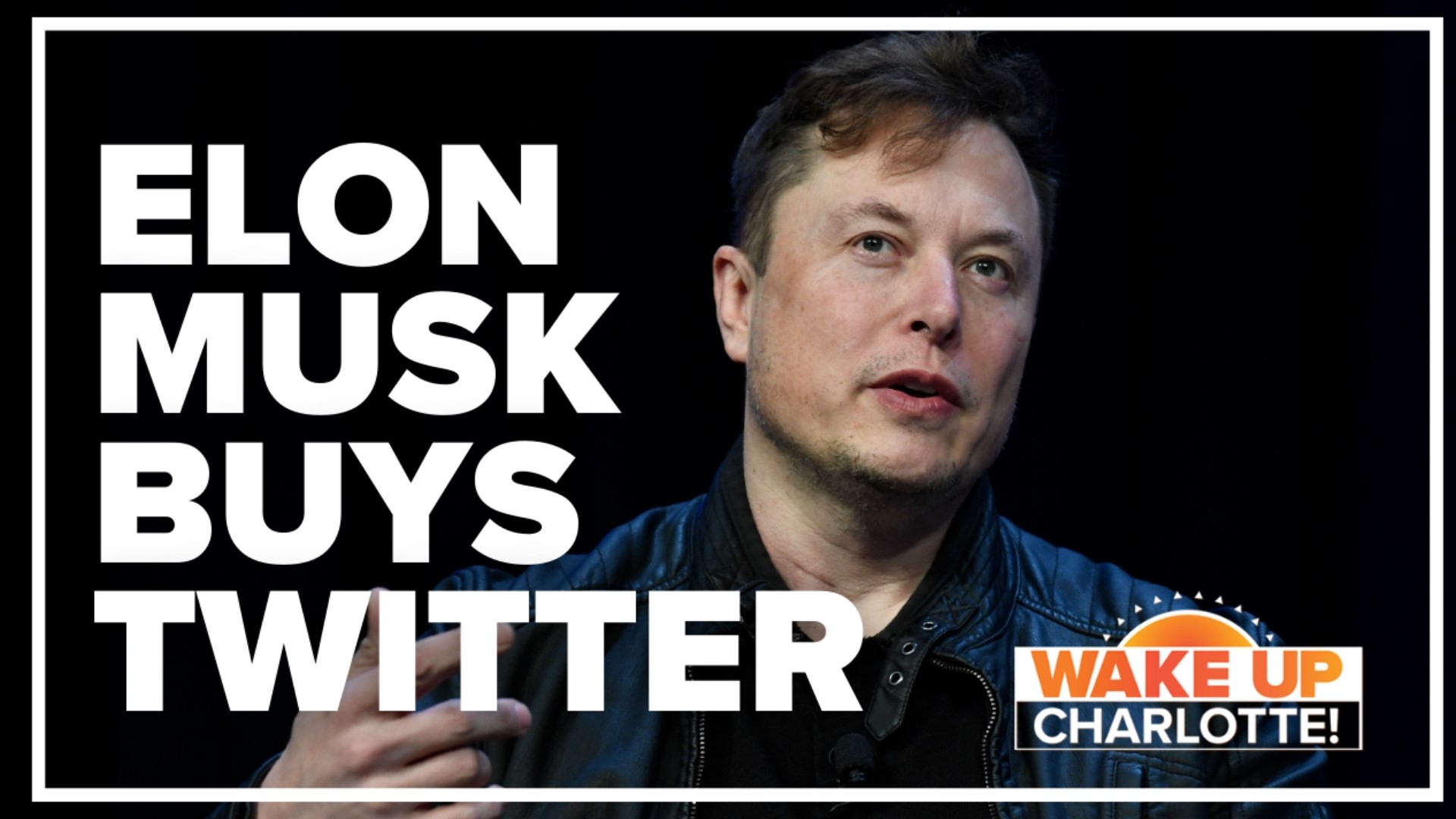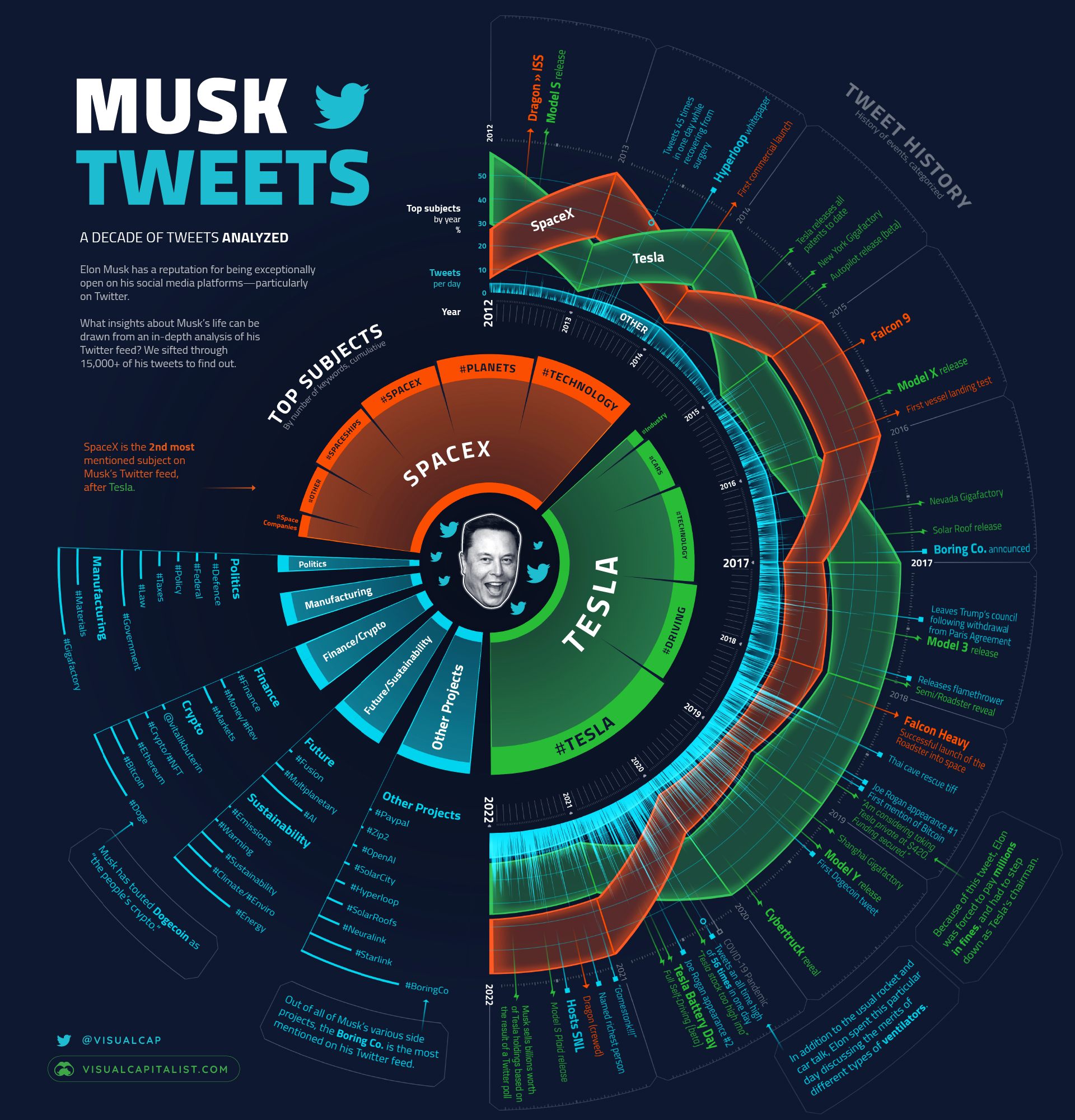Elon Musk's Growing Influence: Challenges & Concerns
Is Elon Musks influence a force for innovation, or a harbinger of unintended consequences? His expanding reach, from social media and artificial intelligence to space exploration and politics, is undeniable, and its effects are reshaping the 21st century.
The influence of Elon Musk extends far beyond the boardrooms of Tesla and SpaceX. He has become a global figure, a celebrity whose pronouncements and actions resonate across diverse domains. His impact on artificial intelligence, particularly through his ventures like xAI and the development of Grok, is both profound and complex. He has cultivated a public persona, appearing on television series, talk shows, and dominating social media platforms like X (formerly Twitter), which he acquired in April 2022 for $44 billion. This acquisition, a case study examined in detail in the forthcoming essay, How Twitter Pushed Its Stakeholders Under the Bus, is a prime example of his growing power.
| Bio/Personal Information | Details |
|---|---|
| Full Name | Elon Reeve Musk |
| Born | June 28, 1971 (age 52) in Pretoria, South Africa |
| Nationality | South African, Canadian, American |
| Education | University of Pennsylvania (B.A. in Physics, B.A. in Economics) |
| Marital Status | Divorced multiple times; various relationships |
| Children | 10 |
| Net Worth | Estimated at $200 billion (as of May 2024) |
| Career/Professional Information | Details |
| Companies Founded/Co-founded | Zip2, X.com (later PayPal), SpaceX, Tesla, Neuralink, The Boring Company, xAI |
| Current Roles | CEO of Tesla, CEO of SpaceX, Owner of X (formerly Twitter), Founder of xAI |
| Key Contributions | Revolutionizing electric vehicles, leading the private space industry, advancing artificial intelligence, developing tunneling technology |
| Controversies | Controversial statements on social media, labor practices at Tesla, impact of Twitter acquisition |
| Influence | Significant influence on technology, finance, politics, and public discourse. |
| Website | Tesla Official Website |
The acquisition of Twitter, a move that has been scrutinized by financial analysts and legal experts alike, serves as a pivotal illustration of Musk's strategic approach to expand his influence. The Wall Street Journal has labeled the $44 billion takeover as one of the worst financial decisions for the banks that financed it. Moreover, the evolving dynamics of his cryptocurrency holdings including Bitcoin, Ethereum, and Dogecoin further highlight the complexities surrounding his financial dealings and their wider ramifications.
Musk's public statements and investment choices have a direct impact on markets. His advocacy for Dogecoin, for example, has significantly influenced its price, underscoring the potency of his personal brand. While he has clarified that his holdings of Bitcoin exceed those of Ethereum or Dogecoin, the simple act of mentioning a cryptocurrency can trigger substantial market movements. In July 2021, his public declaration of personally owning Dogecoin created significant buzz, emphasizing the speculative nature of certain investments.
Tesla, the electric vehicle manufacturer led by Musk, has experienced a challenging 2024. The company encountered its first annual decline in vehicle deliveries since 2020. Compounding these difficulties, Musk announced plans for substantial layoffs, affecting over 10% of Tesla's global workforce. This announcement, coupled with a 5% drop in Tesla's stock price, added to the existing downward trend observed in recent months.
Speculation and rumors surrounding Musk's activities frequently emerge in the digital space. In late 2024, online discussions pondered the possibility of Musk acquiring McDonald's. While such claims lack formal confirmation, they highlight the degree to which Musk's actions and pronouncements are subjected to constant scrutiny and speculation. Similarly, discussions about which cryptocurrency is the "best" investment option, influenced by Musk's preferences, continue to capture the attention of investors, who closely monitor market trends, risk tolerance, and the alignment of tokens with Musk's sphere of influence.
The intersection of corporate interests and governmental structures raises pertinent questions. Musks influence, particularly when considered in light of the Supreme Court's rulings on corporate influence, has the potential to entrench corporate interests within government. His appointment, and his influence on those around him, could alter the established parameters of interaction between the private and public sectors, especially considering his conflicts with the government. This raises concerns regarding the balance of power and the distribution of influence.
Musk's growing influence is accompanied by considerable challenges and concerns. His conflicts with governmental entities, particularly those within the United States, expose the intricate equilibrium between private enterprise and state authority. These tensions underscore the broader implications of private power on a global scale. His responses to the results of the presidential election, including the potential repercussions for those accused of spreading foreign interference hoaxes, reflect his inclination to engage in political discourse and assert his viewpoints.
Musk's control over X, formerly Twitter, and its considerable user base has fueled discussions about the potential for the dissemination of misinformation and manipulation. His statements, which are frequently disseminated through this platform, can swiftly reach millions of individuals, shaping public opinion and influencing cultural and political conversations. The interplay between his business ventures, personal viewpoints, and use of social media has generated a distinct paradigm of power dynamics, necessitating rigorous evaluation and vigilance.
The claims that Musk would utilize data gathered through Dogecoin to train Grok 3, his AI model, have been categorically denied, providing a definitive response to the rumors and offering clarity in the digital sphere. This situation exemplifies the challenges of information dissemination and the imperative to differentiate between reliable information and speculative claims. Amidst the rise of Musk's influence, there have been persistent attempts to establish checks on his power, particularly as he expands into diverse areas of government. The recent developments within the U.S. government, where Musk and his team may be expanding their influence, raise questions about the consolidation of power and the potential impact on policy decisions.
Musk's strategic maneuvering and the actions of his associates have, according to some reports, prompted a series of controversies. The assertion that his acquisition of Twitter was not reported at the time, allowing him to continue purchasing stock at a deflated price, and potentially costing the company more than $156 million, points to the complexities of corporate regulations and the importance of transparency. The continuous scrutiny over these business dealings, and the public's response to them, exemplify the growing need for accountability and adherence to ethical standards within the tech industry.
The implications of Musk's influence extend across various domains. His initiatives in biotech, robotics, autonomous vehicles, interplanetary travel, and nuclear energy have caught the attention of investors, who analyze his every move. The future of these industries may depend heavily on the trajectory Musk charts.
In November 13, Washington, D.C. Musk was seen, his presence again sparking a wave of commentary. The constant examination of Musk's endeavors highlights the broader debate on the influence of tech billionaires and their impact on society. His autonomy in the United States, especially his ongoing conflicts with the government, highlights the delicate balance between private power and state authority.
Musk's wealth, famously used to acquire X, allows him to launch satellites and influence geopolitical events, often attracting attention. He has reshaped the way business is conducted, impacting both the financial markets and public opinion. The complex role he plays and its wider implications call for continuous analysis.


